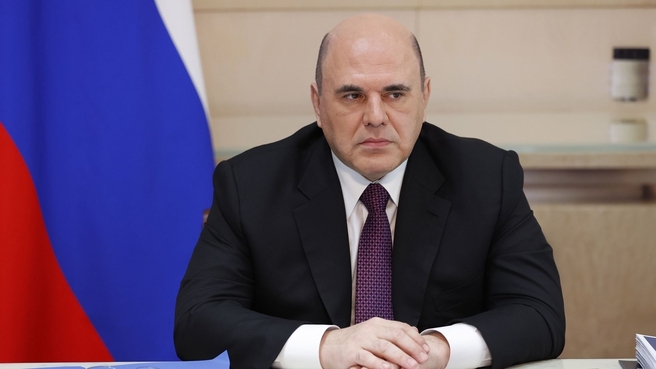Excerpts
from the transcript:
Mikhail Mishustin: Good
afternoon, colleagues.
Today, we are starting
a series of meetings where we will discuss the implementation of the strategic
initiatives for Russia’s
socioeconomic development. We will review the first results achieved last year
and our plans for this year.
The Government
prepared these initiatives at the President’s instructions. They were endorsed
last October. In all, there are 42 initiatives that are divided into six key
sections: the social sphere, construction, environmental protection, digital
transformation, technology breakthroughs, and a state for the people.
Before being
adopted, these initiatives were subjected to the broadest discussion with representatives
from the Federal Assembly, the regional authorities, experts at the Public Chamber,
the Russian Popular Front and the business community in general. The Government
thoroughly analysed them with the State Council to coordinate the necessary
actions at the federal, regional and municipal levels.
Colleagues,
Implementing
these initiatives is now a priority requiring our joint efforts. Each of them resolves
specific goals to improve living standards and develop the socioeconomic
sphere.
These Government
initiatives are a powerful impetus for national development. They supplement existing
mechanisms for reaching the national goals set forth by the President for the
next decade. They make this work more productive and generally boost the
ability of the Russian economy to take on external challenges.
We will carry out
all of them in the form of federal projects. The allocation of serious funding
from the federal budget and the National Wealth Fund will be required for
implementation over the next three years. With this aim in view, we have
created a procedure for managing these funds and have drafted methodological
instructions for selecting projects. In addition, we plan to attract private
investment.
We have defined clear-cut,
understandable and expected results for each initiative with two planning
horizons – up to 2024 and the next one, up to 2030. This will allow us to evaluate
the efficiency of our efforts in every area.
To maintain control
and achieve the planned goals, we have appointed personally responsible officials
that are not below the deputy minister level.
The work to
carry out these initiatives, which are part of the integral plan for reaching
our national goals, is already underway. The ministries and departments
concerned approved the necessary federal projects before the end of last year.
This allowed the responsible parties to promptly receive the funds within the
established limits. All data and parameters are being monitored to enhance the
efficiency of the decisions and actions by the federal and local authorities.
This creates an objective and comprehensive picture of the current situation.
I would like to emphasise
the need for continuous communication with everyone involved, all interested
people. It is particularly important to receive prompt feedback from our people
to respond in a timely manner to their needs and requests as the President has
said many times.
Colleagues,
Today we will review
14 initiatives in four areas: construction, digital transformation, sports,
science and education.
First, I would
like to listen to specific reports on what has already been done in these areas
and discuss in detail our plans for the near term.
My deputies – Marat Khusnullin and Dmitry Chernyshenko
– will report on this in more detail.
Let’s start with construction. This is a very important
area. The speed and quality of work in construction directly affects the
condition of the infrastructure and living standards. So, we need to simplify,
as much as possible, the ability of people to build their own home. They should
not find it difficult to procure a plot of land or connect to the utility
networks. Mortgages should become more affordable. Finally, we need to help
businesses reduce the time and funding necessary for building new facilities.
